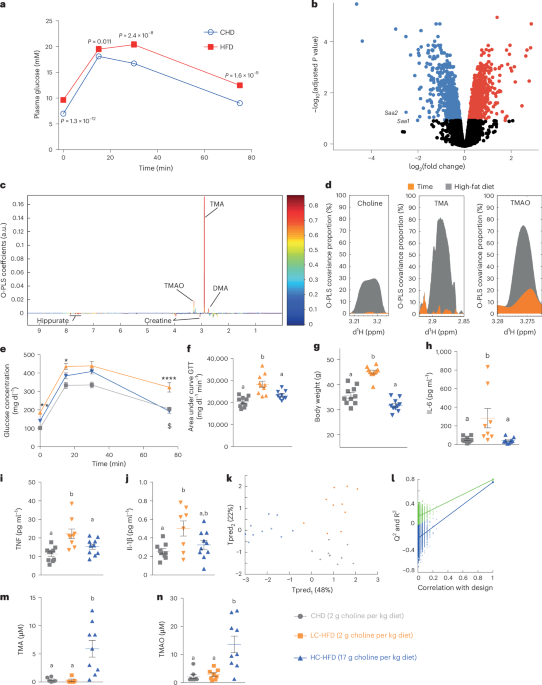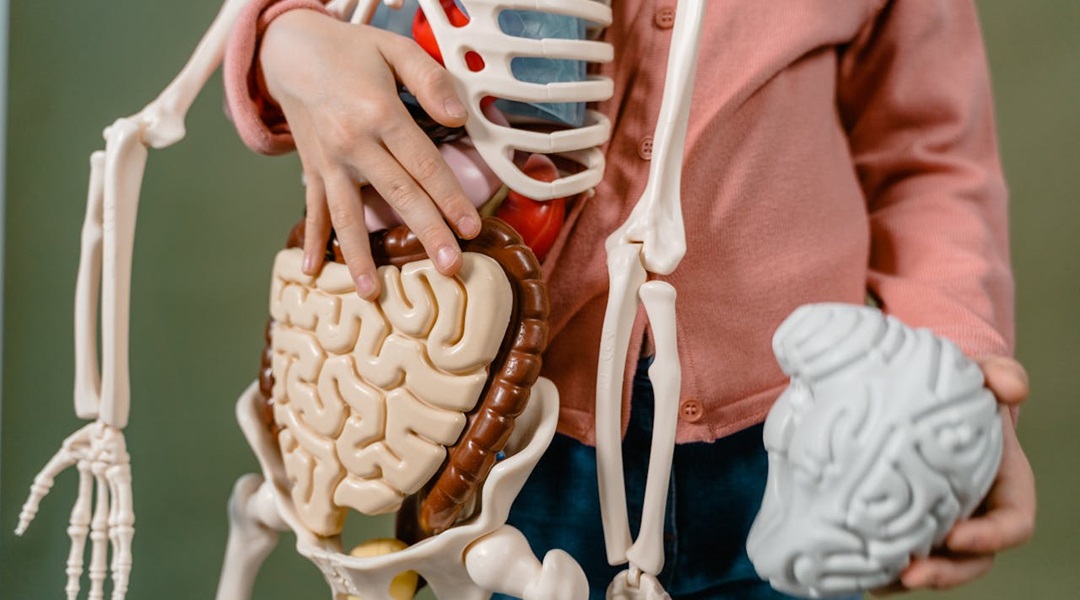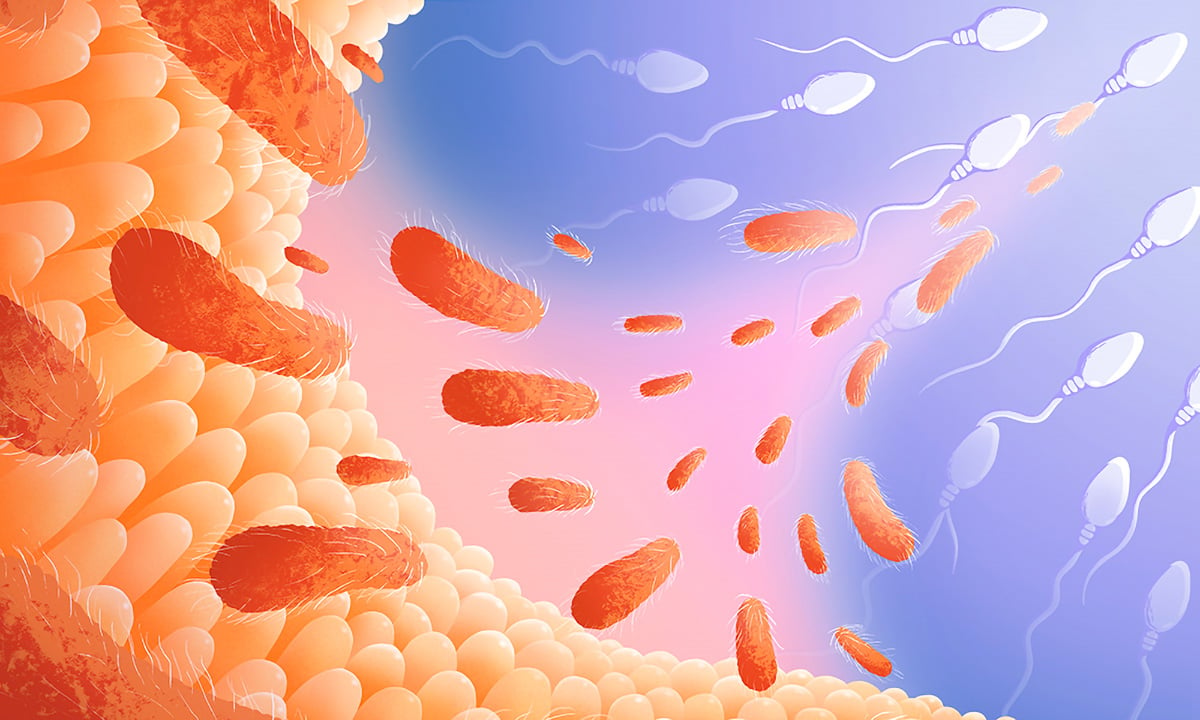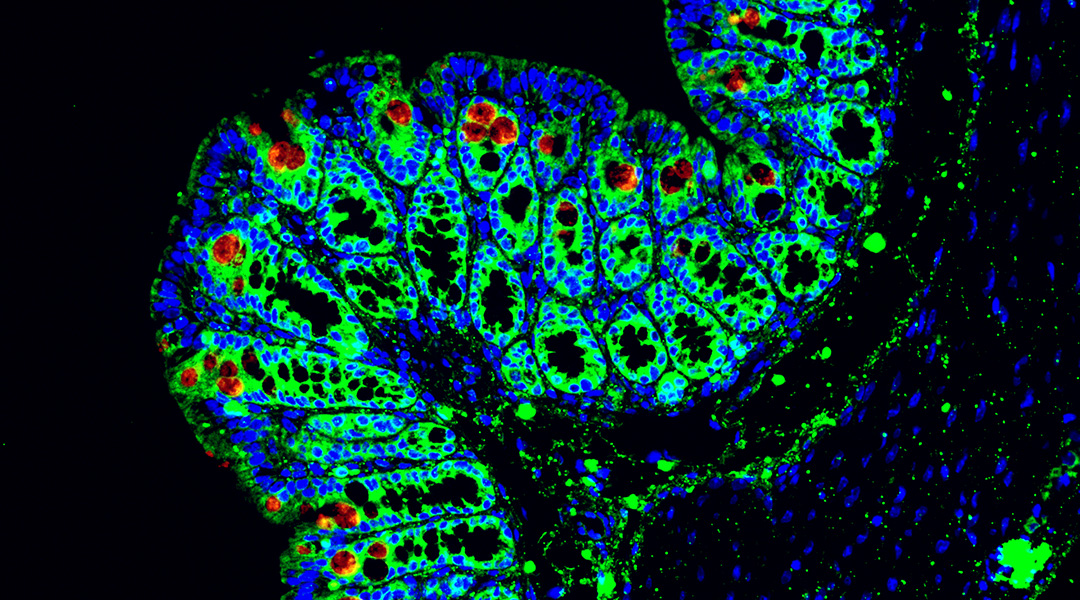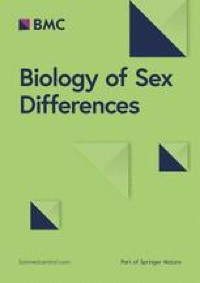
Gut microbiota
Gut microbiota are the microorganisms, including bacteria and archaea, that live in the digestive tracts of vertebrates including humans, and of insects. Alternative terms include gut flora and gut microbiome. The gastrointestinal metagenome is the aggregate of all the genomes of gut microbiota. In the human, the gut is the main location of human microbiota. The gut microbiota has broad impacts, including effects on colonization, resistance to pathogens, maintaining the intestinal epithelium, metabolizing dietary and pharmaceutical compounds, controlling immune function, and even behavior through the gut-brain axis. The microbial composition of the gut microbiota varies across regions of the digestive tract. The colon contains the highest microbial density recorded in any habitat on Earth, representing between 300 and 1000 different species. However, 99% of gut bacteria come from about 30 or 40 species. Bacteria also make up to 60% of the dry mass of feces.
